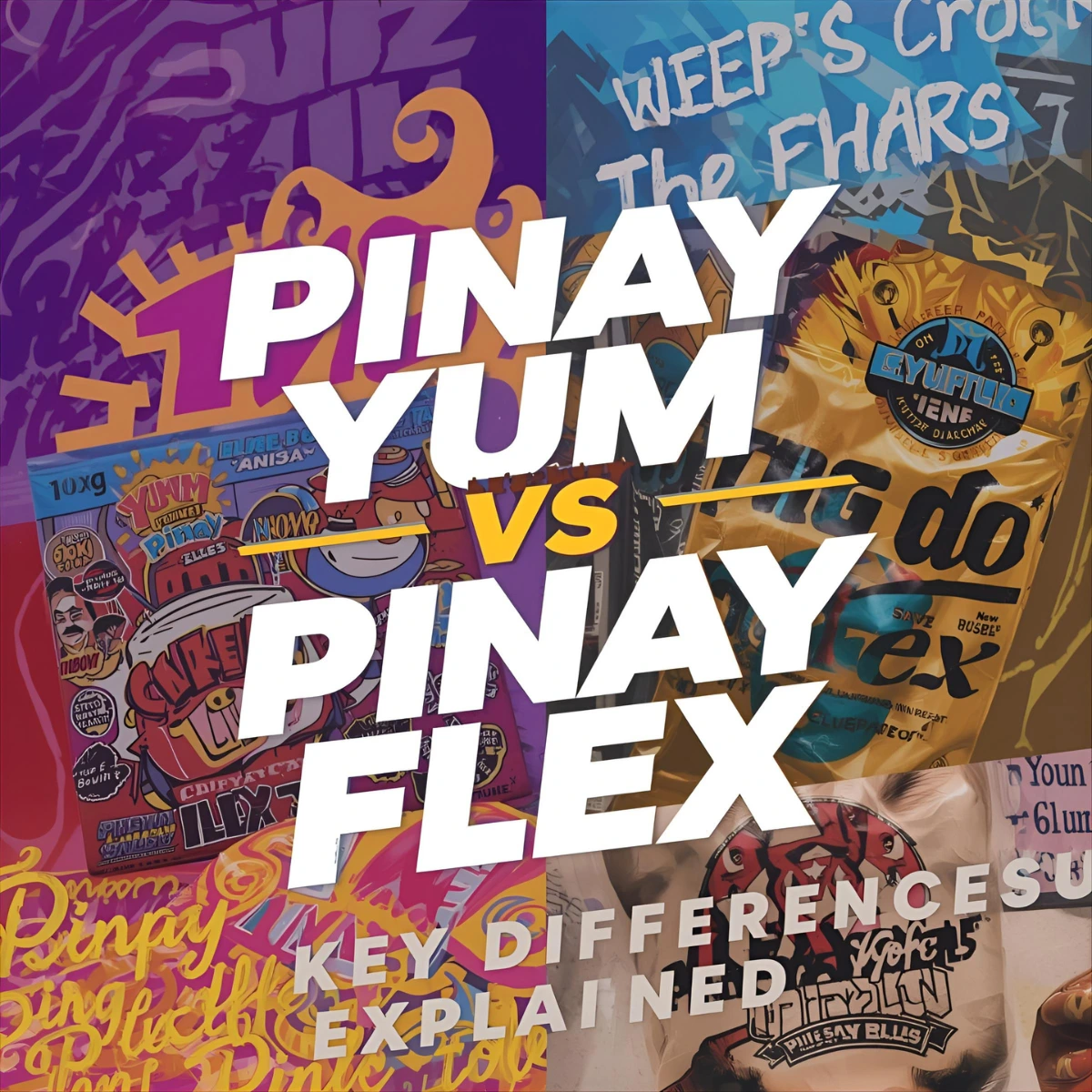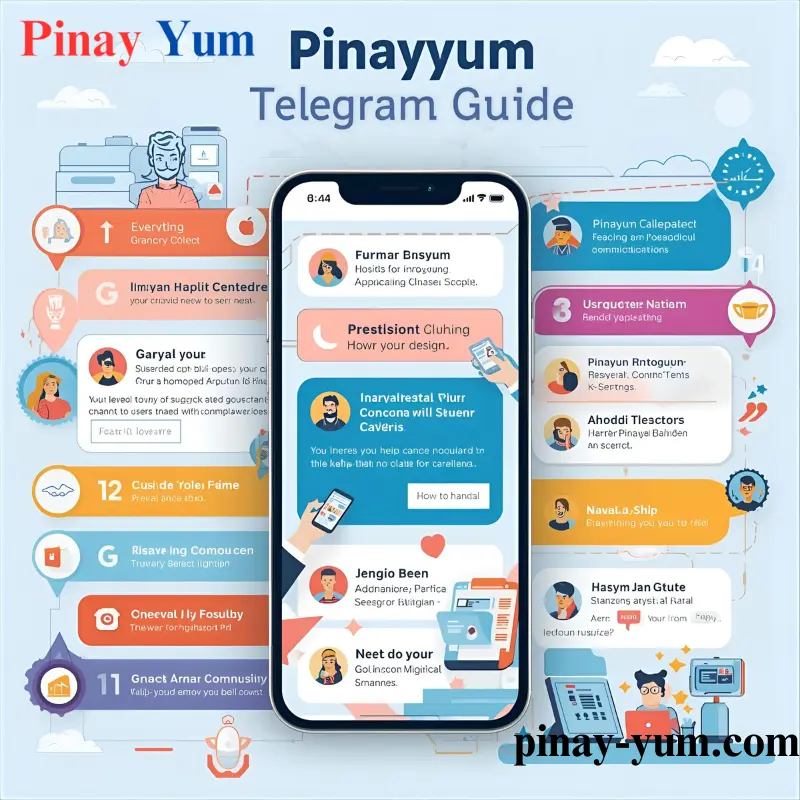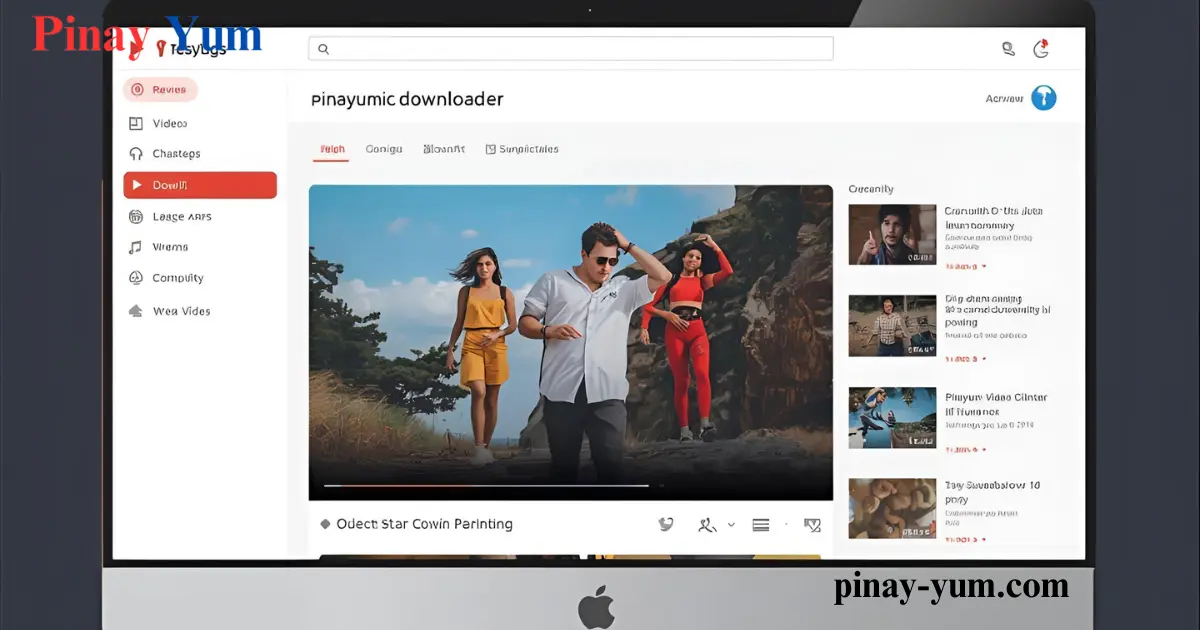What Is the Pinay Yum Scandal?
The pinay yum scandal refers to viral online content often videos or images claimed to feature Filipino women in compromising situations. These materials are usually:
-
Spread without consent
-
Circulated via private chats or Telegram
-
Shared under misleading or fake titles
Why Is It Trending in the Philippines?
Filipino online culture is fast-moving and reactive to trends. Keywords like “scandal” and “Pinay” often:
-
Attract views due to curiosity
-
Are used in clickbait or phishing links
-
Get boosted by gossip or fake news
Social media platforms often contribute to their visibility through shares and hashtags.
Read Also : Pinay yum food
Online Dangers of Scandal-Related Searches
Clicking on links claiming to show “scandal” content may expose users to:
-
Malware or viruses
-
Data theft or tracking
-
Unwanted pop-ups and fake ads
Avoid downloading or opening unverified files from such sources.
Read Also : Pinay yum Tiktokers
Legal Risks for Viewers and Sharers
Under Philippine law, even viewing or sharing explicit content without consent can be a criminal offense:
-
RA 9995 – Anti-Photo and Video Voyeurism Act
-
RA 10175 – Cybercrime Prevention Act
-
RA 9208 – Anti-Trafficking in Persons Act
Penalties can include jail time and fines, even for reposting.
Read More : pinayum video downloader
Ethics of Sharing Scandalous Content
Aside from legal issues, sharing scandal content is:
-
A violation of privacy
-
Damaging to the reputation of individuals
-
Often based on misinformation or deepfakes
Respect others’ dignity online—think before you click or share.
How to Identify Fake or Clickbait Content
Some ways to spot misleading links include:
-
Overly sensational titles
-
Shortened or suspicious URLs
-
Fake “play” buttons or pop-ups
-
Too many ads on the page
Always double-check the source and avoid suspicious platforms.
Safer Alternatives for Online Entertainment
Rather than engaging in risky links, choose:
-
Verified content creators on YouTube
-
Streaming services like Vivamax, iWantTFC
-
Educational content on TikTok or Facebook Watch
Support real talent and ethical platforms.
How to Report Harmful Content Online
To report inappropriate or harmful content:
-
On Facebook: Click “…” > “Report Post”
-
On TikTok: Tap share > Report
-
On Telegram: Tap group > Report > Choose “Illegal content”
You can also report cybercrime through https://cybercrime.gov.ph
Role of Parents and Educators
Adults play a big role in teaching online responsibility. Remind youth about:
-
The consequences of sharing sensitive content
-
How to report harassment
-
Respect for others’ privacy
Schools should also promote digital literacy in classrooms.
How to Stay Safe from Scams and Phishing
To avoid scams linked to “scandal” videos:
-
Never download unknown APKs
-
Use antivirus software
-
Enable two-factor authentication
-
Avoid public Wi-Fi for sensitive browsing
These steps help protect your devices and data.
FAQs
What is the pinay yum scandal all about?
It refers to the online circulation of explicit content, often falsely attributed to Filipino women, usually without consent.
Is it illegal to watch scandal content in the Philippines?
Yes. Viewing or sharing such material may violate laws like RA 9995 and RA 10175, especially if the content involves minors or was shared without consent.
How do these links appear online?
They often show up on Telegram, Twitter, TikTok comments, or shady websites using fake thumbnails and sensational headlines.
Can I get a virus from clicking on these links?
Absolutely. Many of these are phishing traps that download malware or steal your personal data.
Are there safe ways to explore trending content?
Yes—stick to verified creators on platforms like YouTube or iWantTFC. Always avoid suspicious links or unknown Telegram groups.
What should I do if I receive scandal content in a group chat?
Delete the file immediately, report the sender, and avoid sharing it. You could be legally liable for distribution.
Conclusion
The pinay yum scandal is just another example of how digital misinformation and unethical content can spread rapidly in today’s online landscape. For Filipinos, it’s critical to stay informed, protect personal data, and avoid engaging with such materials. Legal risks, social consequences, and online safety all matter when navigating trending topics like this.
















